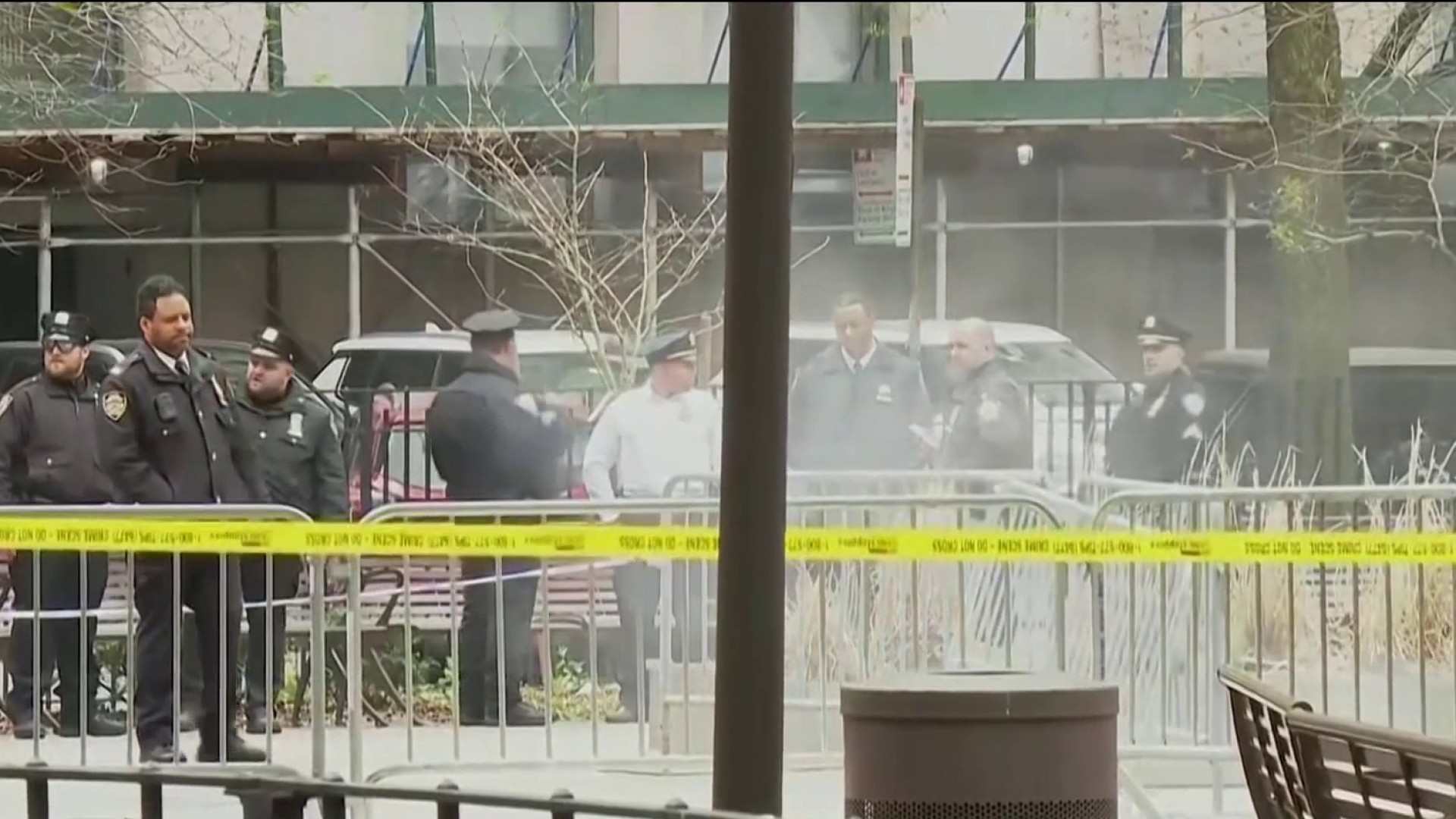Attorneys in the Colorado theater shooting trial have one last chance to convince jurors that gunman James Holmes was either a cold, calculating killer or a man so overcome by psychosis that he could no longer tell right from wrong.
Closing arguments in the first phase of Holmes' death penalty trial started on Tuesday, nearly three years to the day since he slipped into a darkened midnight movie premiere and opened fire, killing 12 and wounding 70 others.
That Holmes, now 27, was the lone gunman was never in doubt. He pleaded not guilty by reason of insanity, setting the stage for the death penalty trial that included more than 250 witnesses, many of them wounded survivors of the attack on July 20, 2012.
Prosecutors and defense attorneys have two hours each to make their respective cases in a way that resonates with jurors. They will try to help jurors make sense of thousands of pieces of evidence and nearly three months' worth of testimony. With that information, it will be up to the jury to decide whether prosecutors met their burden of proving Holmes was legally sane at the time.
Prosecutors will paint Holmes as a meticulous killer who knew exactly what he was doing when he methodically planned his assault on the theater to assuage his failures in graduate school and romance.
They will focus on the testimony of two state-appointed forensic psychiatrists who evaluated Holmes months and years after the shooting and determined that, despite severe mental illness, he was capable of knowing right from wrong and therefore legally sane under Colorado law. One of the doctors, William Reid, showed jurors nearly 22 hours of sometimes chilling videotaped interviews in which Holmes haltingly describes taking aim at fleeing moviegoers and longing to kill others to increase his own self-worth.
Holmes spent months amassing an arsenal of weapons and body armor. He kept a spiral notebook in which he scrawled detailed plans for the massacre, weighing which auditoriums in the Aurora theater complex would allow for maximum carnage. After surveillance of the building, he settled on Theater 9.
U.S. & World
Prosecutors will point to the elaborate ways in which Holmes rigged his 800-square foot apartment into a potentially lethal booby trap that he hoped would explode to divert police and paramedics from the theater as he set about his attack. Holmes hid his plans from everyone, including a university psychiatrist to whom he mailed his notebook just before the attack.
And prosecutors will not let jurors forget the human toll of the shooting. They called more than 70 survivors who described the terrifying sight of the black-clad gunman, the searing pain of bullet wounds and the anguish of leaving loved ones behind in the panic to escape.
Defense attorneys will present Holmes as a struggling neuroscience student who was on the brink of mental collapse well before he acted on increasingly powerful delusions that told him to kill. They called to the stand mental health professionals who analyzed Holmes and found him suffering an array of illnesses, from schizophrenia to full-blown psychosis.
Their strongest witness was Raquel Gur, a nationally known schizophrenia expert who interviewed Holmes for 28 hours and said his thoughts about killing other people became an uncontrollable storm in his mind in the months before the shooting. She and another psychiatrist declared him legally insane. The shooting wouldn't have happened if it wasn't for Holmes' psychosis, Gur said.
The doctors said Holmes had struggled with mental illness since childhood, seeking a career in neuroscience to better understand what he described in his notebook as his "broken mind" and a list of self-diagnoses.



